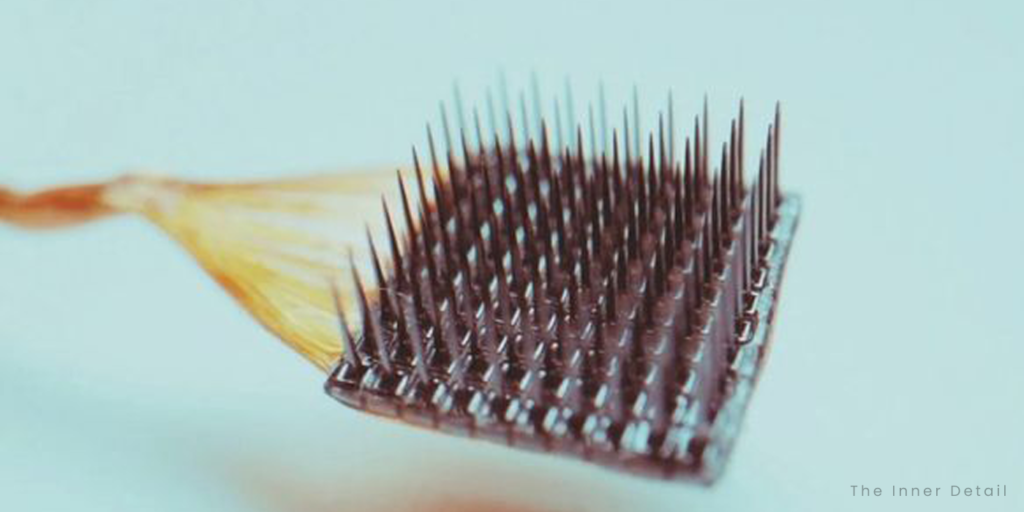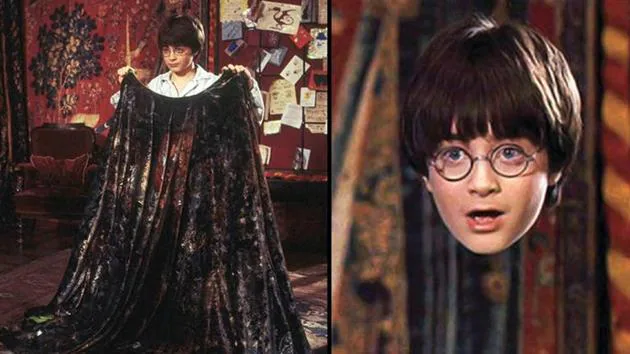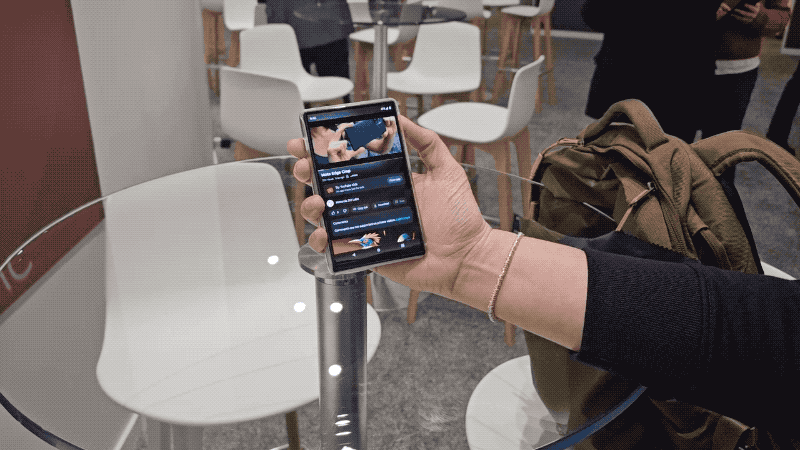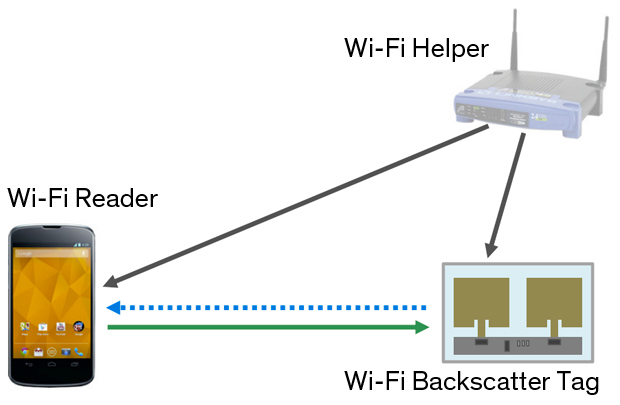Blackrock Neurotech firm in US has implanted brain-chips in over 50 people for curing physical disability, and various ailments including depression.
Implanting brain chips on to human brains for reading the brain-signals and performing actions by just a thought from the brain is the answer for ‘how far can technology go in being fruitful?’. Imagine a man controlling the television or wheelchair by just giving a thought in its mind. It’s like a superpower!
While companies like Elon Musk’s Neuralink are striving to get FDA approval for the process, this biotech firm from US is far ahead in the tech, having performed its first implant in 2004 itself.
Blackrock Neurotech
A Biotech firm headquartered in Salt Lake City in Utah, US called Blackrock Neurotech, aims to implant brain chips on to the human brains for curing physical disability, blindness, deafness and even depression. It involves affixing array of chip, what they call ‘NeuroPort Array’ on the brains that reads and analyzes our brain impulses for allowing the individual to control robotic limbs, wheelchairs, play video games and even sense feelings like sadness, anxiety and depression for curing them.
Blackrock had its first implantation of the chip in a human in 2004 and over 50 implantations was carried out so far in their lab. Company officials are hoping to bring the facility outside their lab next year.
“We are the only business with direct-brain BCI implants in humans,” said Marcus Gerhardt, Co-founder of Blackrock. “With simply their brain impulses, our implanted arrays have enabled patients to link directly to computers, control robotic limbs and wheelchairs, play video games, and even restore feeling.”
Likely as pacemaker aiding our heart beat, these brain chips will help in performing movements for those who had lost the ability to do so.
NeuroPort Array – Brain Chip


NeuroPort Array, the brain chip by Blackrock, is a miniaturized microchip with little needle-shaped electrodes capable of analyzing electrical impulses in the brain, made of platinum or iridium oxide material.
About the size of a pen’s nib, it is implanted on that surface of the brain, based on the chip’s purpose of embedding. The electrodes read the electric signals and decode them using machine learning software for converting them into digital commands.
The digital commands are then utilized to perform movements such as operating prostheses and computer equipment like moving cursors, and handling wheelchairs and so on.
Unlike Neuralink which plans for remote transmission of signals from the implanted chips, Blackrock’s tech is wired. Means, the chips are connected to a wire, that protrudes from the skull and connected to prosthetic limbs or whatever.
What Next?
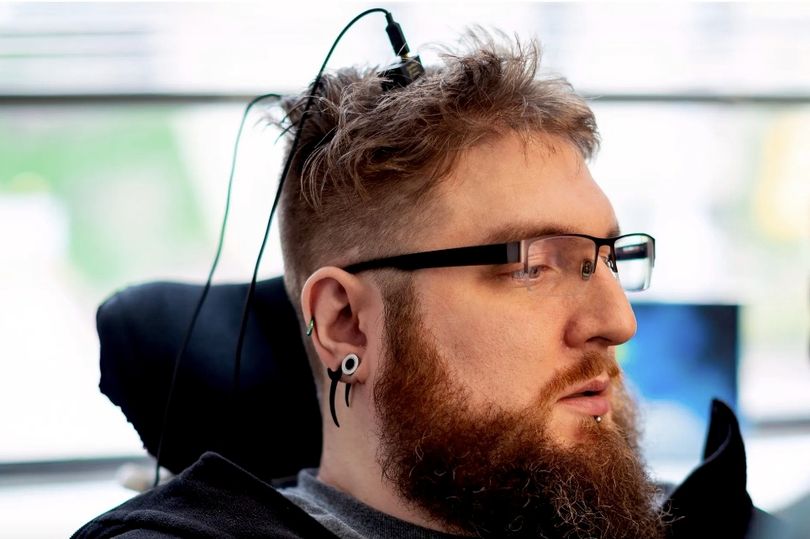
Though the firm had performed implantations in over three dozen of people, the company seeks for FDA approval for using the devices outside of the lab, for real-time uses. “We are pursuing regulatory clearance of the world’s first-ever BCI built particularly for at-home use: MoveAgain,” Gerhardt added. The devices will be most aidful for paralyzed people, people affected by stroke and physical disability. “This medical technology intends to improve patients with paralysis’ freedom and movement, and, ultimately, quality of life.”
“Our long-term goal is for our implants to be as widely available to persons with paralysis as pacemakers are to those with heart problems.” The business is already working on brain-computer connections that will help restore hearing and vision.
Related Posts
How the brain-chip will treat depression?
Gerhardt believes that in the near future, the technology might be used to treat everything from lost memories to PTSD and depression. “For example, with depression, BCI might show potential for altering neuronal activity in brain areas involved in mood control,” he added. “In the case of diseases such as depression or PTSD, spatially and temporally targeted electrical or magnetic stimulation of brain tissue might help interrupt or reprogram firing patterns that contribute to the disorder.”
It might lead to a better understanding of illnesses like depression, as well as how they are identified and treated.
Limitations
The devices, though assisting paralyzed people to regain their ability to move by themselves, might have pitfalls. The arrays of the brain chip slowly break down over time, leading to loss of signal quality after around two years.
The device usually needs to be removed after around five years, requiring another surgery to take it out and then replace it.
Watch: A 39-year-old man affected by a stroke got his movements back with brain-chip implantation.
What do you think of this technology? Drop your thoughts..
Hope you find the page useful!
(For more such interesting informational, technology and innovation stuffs, keep reading The Inner Detail).
